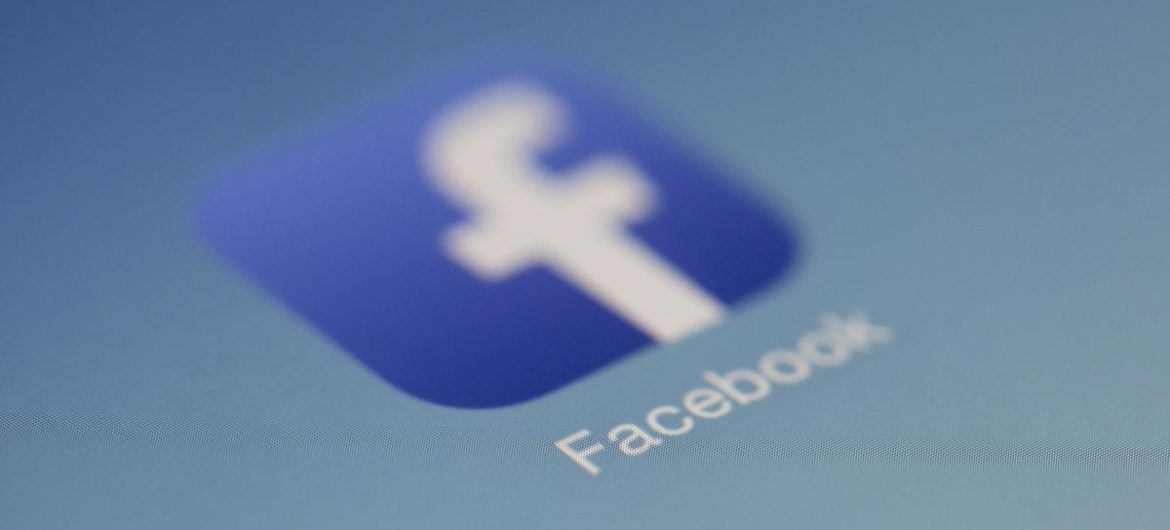The Myanmar military’s nationwide shutdown of Facebook access following the detention of leader Aung San Suu Kyi has drawn intense criticism of censorship and undermining digital rights.
On Wednesday, the military started shutting down the social media platform in a bid to stop people from using it to mobilise, after week-long chaos saw police using rubber bullets and water guns on thousands of demonstrators calling for their leaders’ release from detention.
WhatsApp, Instagram, and Messenger have also been banned in Myanmar.
An email posted on Twitter confirmed that the ministry of transport and communications had briefly suspended Facebook due to propaganda fears.
The Wall Street Journal reported that users on Facebook were posting pictures of rioters banging pots and pans to demonstrate their frustration against the website’s privacy policies.
The protesters also adopted the ‘three finger salute’ as a sign of resistance.
Facebook said it was urging authorities to “restore connectivity so that people in Myanmar can communicate with their families and friends and access important information”, according to media reports.
The social media network has previously faced criticism for not doing enough to curb the dissemination of propaganda across the internet, leading to mass violence and civil disobedience.
In 2018, the United Nations accused Facebook of having had a “determining role” in propagating hate speech and pushing a genocide in Myanmar.
Facebook responded to the UN accusations by ejecting many Myanmar military officials from the platform and, after reviewing the material, stopped the dissemination of “hate and misinformation,” according to Reuters.
A 2018 research report said Facebook was the main form of internet activity for the bulk of Myanmar’s 20 million internet-connected people.




